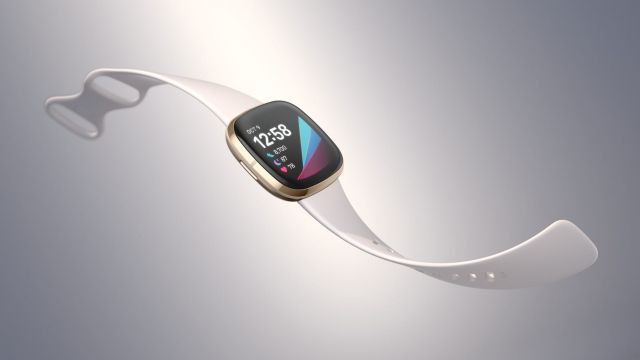The wearables firm’s new Fitbit Sense smartwatch includes an electrodermal activity (EDA) sensor which can be used to monitor stress levels, Fitbit said.
The device also includes heart rate tracking tools and a new ECG app and a skin temperature sensor, which the technology firm says can help users track health and wellbeing metrics such as heart rate variability and breathing rate.
Fitbit said the Sense was its “most advanced health smartwatch”, and was unveiled alongside new versions of existing smartwatches – the Versa 3 and the Inspire 2.
Company co-founder and chief executive James Park said mental health and stress were just as vital metrics to track as physical wellbeing and were a key part of the new products’ design.
“Our mission to make everyone in the world healthier has never been more important than it is today. Covid-19 has shown us all how critical it is to take care of both our physical and mental health and wellbeing,” he said.
“Our new products and services are our most innovative yet, coupling our most advanced sensor technology and algorithms to unlock more information about our bodies and our health so you can be in control.
“We are breaking new ground with our wearables, helping you better understand and manage your stress and heart health, and pulling your key health metrics together in a simple and digestible way to track things like skin temperature, heart rate variability and SpO2 so you can see how it’s all connected.
“Most importantly, we are making health accessible, surfacing new data that you may only get once or twice a year at the doctor’s office, that you can use to focus on your holistic health and wellness, at a time when it’s needed most.”
Fitbit said it was also introducing a new stress management score to its app, which will allow users to calculate stress levels based on heart rate, sleep and activity levels.
A new mindfulness tool is being added to the Fitbit app too, from which users can set weekly goals and reminders, log their mood after activity sessions and meditate.







